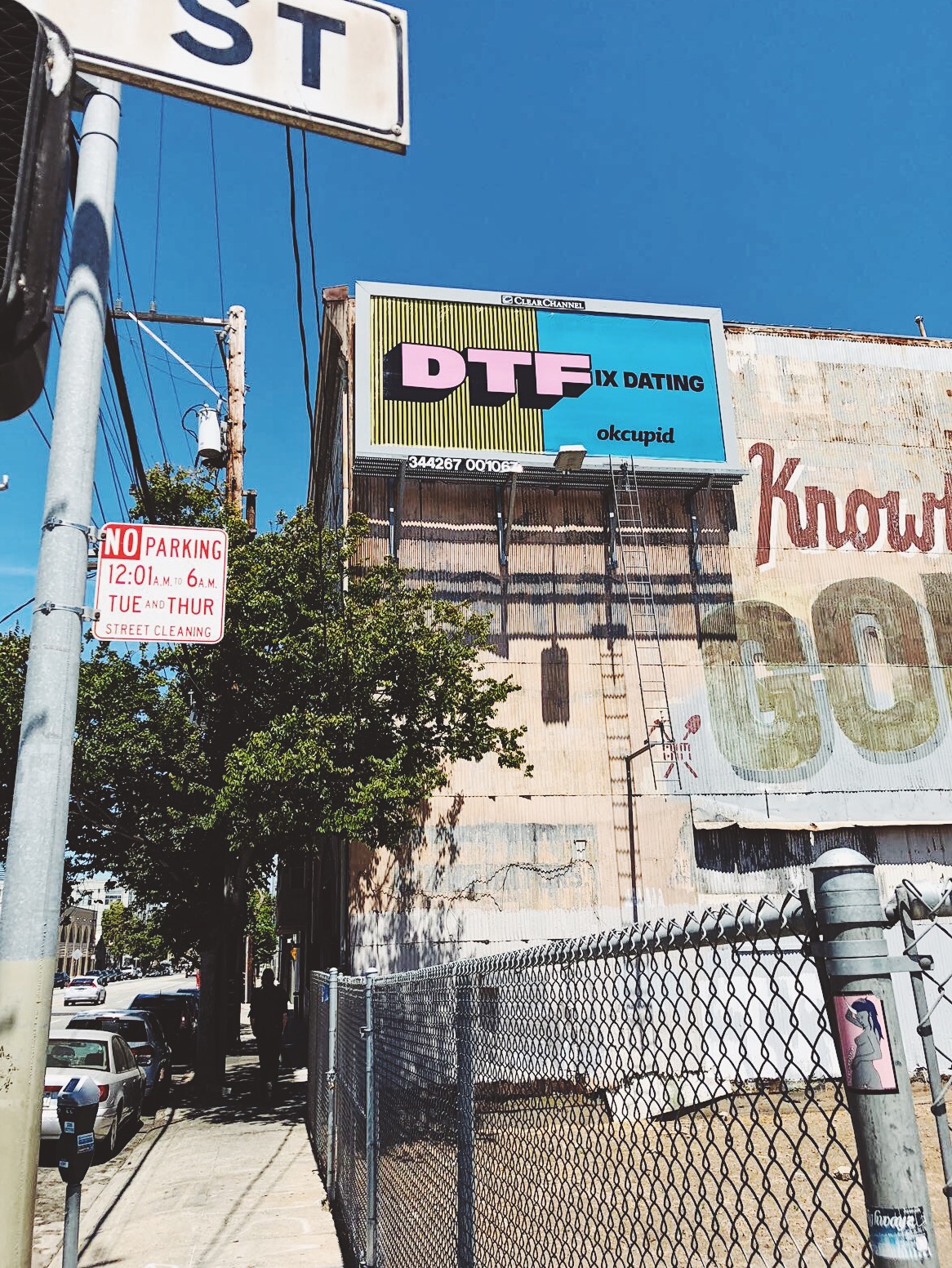I think the holy grail of personal finance is having an emergency fund. Obviously that comes after spending less than you make, and paying off whatever debts existing. But the emergency fund, at least for me, has always been a difficult nut to crack. Six months’ (or one year) worth of spending saved in a savings account. That’s a tall order, because it’s a lot of money, even for a miserly person like myself.
It’s easy on paper: I already spend less than I make, so it’s just a matter of slow accumulation. But something always interrupts the process. An errant rock flung into the windshield of the car means a thousand dollar replacement. It’s not always something unfortunate! Earlier this April, I unloaded my entire emergency fund into the stock market because it experienced a 20% correction. The perfect time to buy more. That also means I had to start from scratch vis a vis the emergency fund.
Maybe we’re being too strict about it? In some ways my investments can be an emergency fund. (Some would argue I shouldn’t have investments - that aren’t tax advantaged - before an emergency fund?) It’s not as liquid as a savings account, sure, but there are other monetary vehicles to use in an actual emergency. The first thing to come out of the wallet is the credit card anyways. That gives at least a few weeks lead time to then liquidate the necessary investment to pay for that spend.
It’s not ideal for sure, because any time you sell securities, you have to pay capital gains tax.
The safety and stress-reduction in having a proper emergency fund is undeniable. In fact, it can feel eerie because it leaves you with nothing to worry about financially. No debts, investments are automatic, and there’s enough in savings to sustain me for half a year, should I lose my job. Peace of mind can be surprisingly disconcerting when you first shut off the noise completely.
Making the turn.

